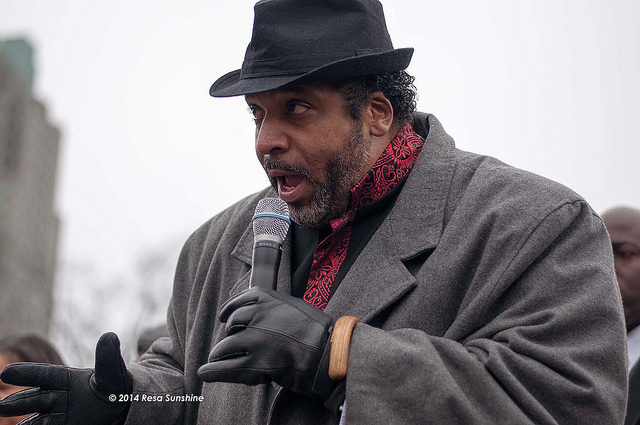
An op-ed written by Americans for Tax Reform tax policy director Ryan Ellis was published in Forbes, detailing H.R. 2429, which would repeal the Death Tax.
It now appears that the U.S. House of Representatives might soon do something it hasn’t done since 2005- vote to kill the death tax. Americans for Tax Reform has worked on behalf of death tax repeal since the 1990s and has been active in getting Congress to the brink of this historic vote. Events today mean we’re on the cusp of finally voting in the House to kill the death tax.
Yes, there is still a death tax in the U.S. tax code, and it’s doing nearly as much damage as ever. As part of the post-fiscal cliff deal, the current contours of the death tax took its permanent shape: there is a 40 percent top federal rate on taxable estates. There is a kind of death tax “standard deduction” of up to $10.3 million for surviving spouses, and half that for everyone else (all numbers indexed to inflation).
Patrick Gleason, director of state affairs at Americans for Tax Reform, wrote an op-ed for Forbes detailing the massive tax hike protestors are demanding in North Carolina.
The non-partisan fiscal staff found that the Moral Monday agenda, if implemented, would require state lawmakers to raise taxes by $7 billion. For some context, such a tax hike would increase the North Carolina general fund by a whopping 35 percent. The Moral Monday plan would also necessitate a nearly ten-fold increase in the state corporate income tax, taking the rate from 6 to over 50 percent. Combined with the federal corporate income tax, the highest in the world, if Rev. Barber and crew had their druthers, companies would face a combined corporate tax rate of over 80 percent on profits owned in North Carolina. The likely result of such an onerous tax would be a mass evacuation of companies from Research Triangle Park, Charlotte, and elsewhere in the state.
Digital Liberty’s executive director, Katie McAuliffe was quoted in an ACLU article regarding proposed online privacy legislation.
“The House needs to act now. Under the Electronic Communications Privacy Act, American emails, photos, documents, and other online communications lack the Fourth Amendment protections guaranteed by our Constitution. The Email Privacy Act should be cleanly passed through the House Committee on the Judiciary and brought to the floor without amendments for a recorded vote. This legislation is critical to Americans’ Fourth Amendment rights,” said Katie McAuliffe of Americans for Tax Reform, which is a member of Digital 4th.

